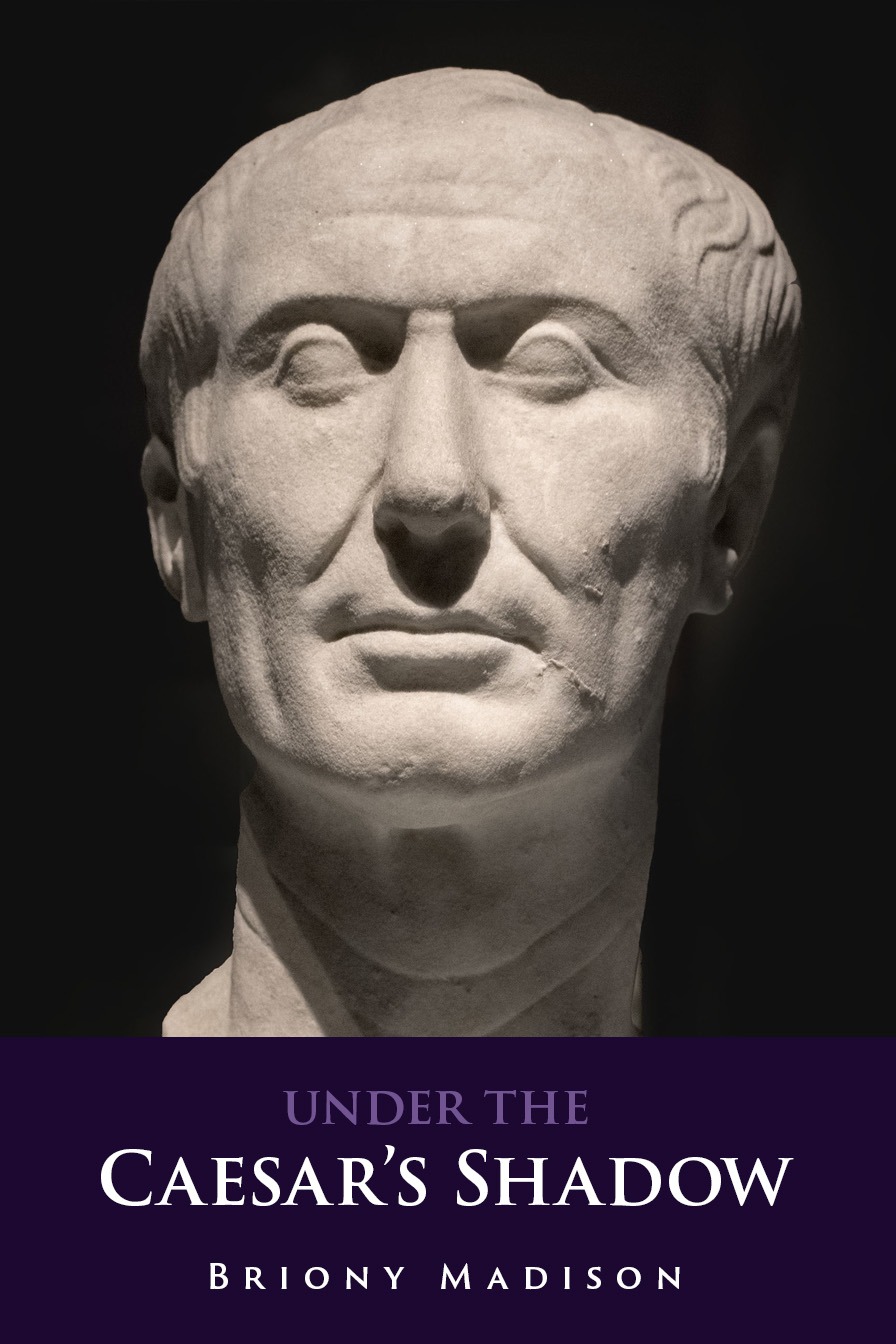Acclaimed historian Briony Madison illuminates the political genius of Gaius Julius Caesar in this original and sweeping history, as the indebted patrician and courtroom prodigy rises from a precarious youth to eclipse Rome's most celebrated statesmen. On a raw January morning in 59 BCE, when the comitia on the Campus Martius gathered to elevate a consul, Gnaeus Pompeius Magnus, Marcus Licinius Crassus, Marcus Porcius Cato, and Marcus Tullius Cicero waited in their houses on the Palatine and beyond, listening for runners from the Forum. When the votes crowned Caesar, the city's entrenched aristocrats were appalled—and astonished by the coalition that had quietly formed behind him.
Across the violent 60s and 50s BCE, as riots shook the Subura, juries were bought in the basilicas, and provincial fortunes were made and lost, each rival vied for primacy while the Republic's institutions buckled under the weight of empire. That Caesar prevailed, Madison demonstrates, was the result of a character tempered by humiliation, debt, exile-threats, and a relentless capacity to read the hearts of men. He bound the ambitions of Pompey and Crassus to his own in the so-called First Triumvirate, soothed creditors with calculated generosity, and practiced a politics of clemency that turned enemies—Cicero, later Marcus Brutus—into hesitant collaborators. His empathy was not softness but strategy: a disciplined habit of imagining every senator's fear and every legionary's hunger.
We follow the struggle from the vantage of the Forum's flagstones and the leather-smelling interior of a general's tent: from the dusty courts of the Basilica Porcia to the icy ford of the Rubicon; from the brutal sieges of Avaricum and Alesia to the shattered camps at Dyrrhachium and the grit-choked plain of Pharsalus; from the mosaicked halls of Alexandria beside Cleopatra VII to the sullen benches of a Senate that could not forgive its rescuer. Madison shows Caesar coping with a truculent colleague, Marcus Calpurnius Bibulus; with a brilliant lieutenant who becomes a foe, Titus Labienus; with mutinous veterans near Placentia; and with the obstinate pride of men like Cato who would not be reconciled. He answered scarcity with grain laws, chaos with a rational calendar, and faction with an unprecedented circle of advisers—Oppius, Balbus, Matius—drawn from equestrians and former opponents.
By tracing intertwined lives rather than recounting a single march to power, this multiple biography reveals how Caesar gathered a chorus of dissenting talents and bent them, often against their will, toward a remade state. In Antony he found the indispensable lieutenant who could carry the streets; in Octavian, the quiet heir who would refine the lesson. Even the knives in the Theatre of Pompey could not sever the connections he forged. Under his shadow, the Republic ended, and a different Rome began.
